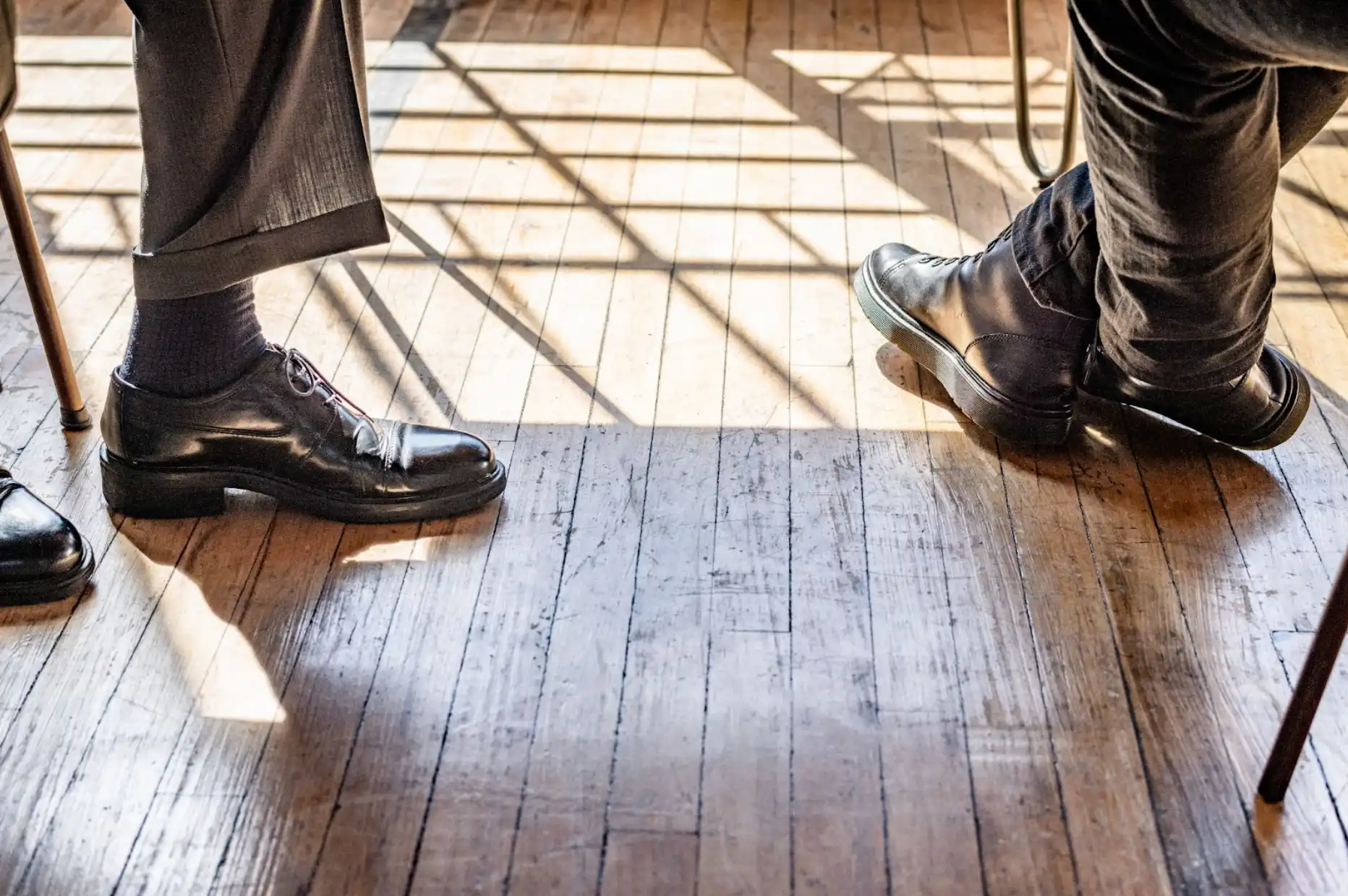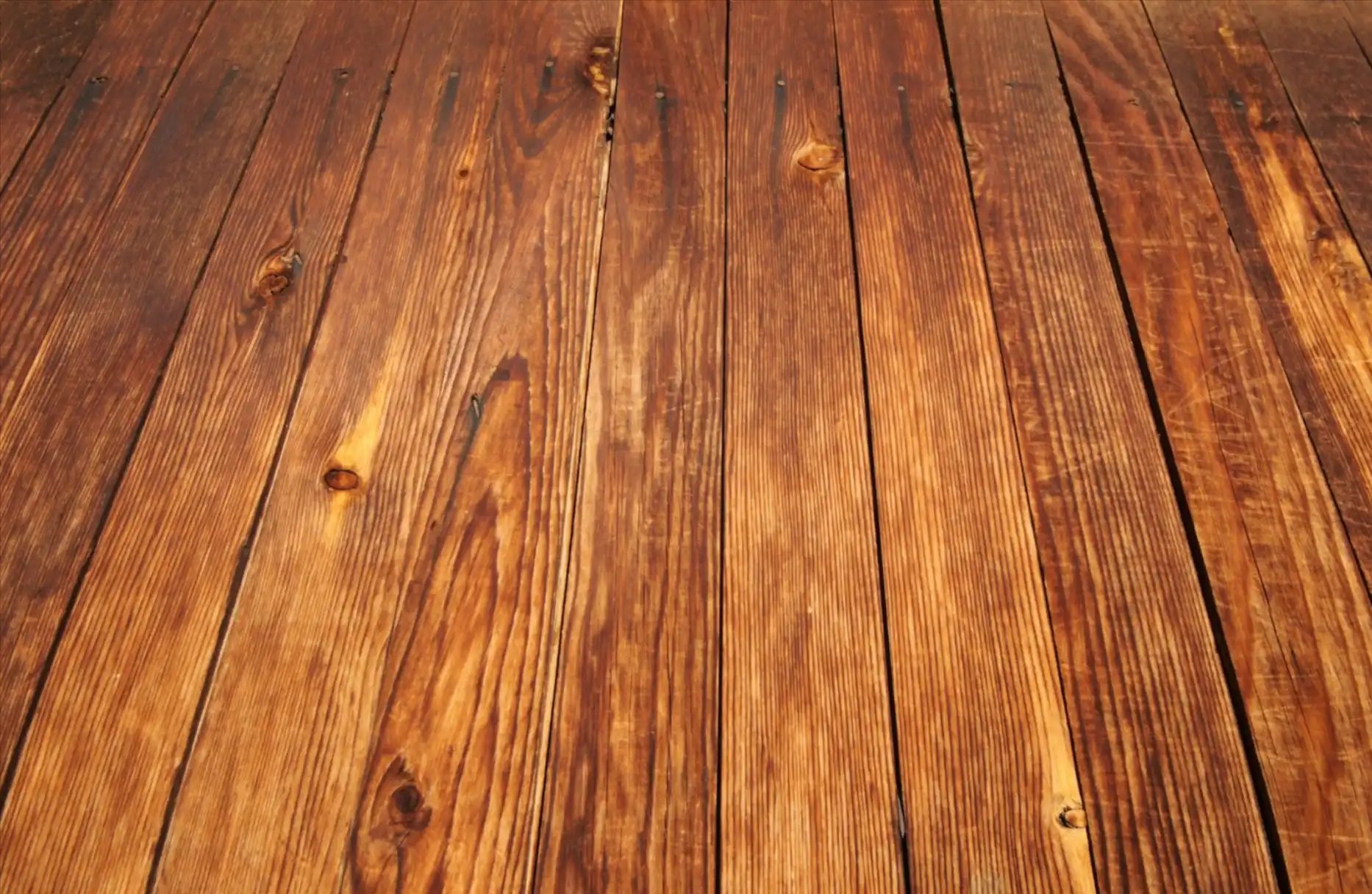
In an era where environmental consciousness is at the forefront of consumer decision-making, sustainable choices are becoming increasingly prevalent in various aspects of our lives. One such area is home renovation and design, where individuals are seeking eco-friendly alternatives without compromising on style and quality.
Recycled Hardwood Flooring
Among these alternatives, recycled hardwood flooring stands out as a compelling option. Offering both environmental benefits and aesthetic appeal, recycled hardwood flooring presents a win-win solution for homeowners looking to enhance their living spaces while reducing their environmental footprint.
The Environmental Impact of Hardwood Flooring
Before delving into the merits of recycled hardwood flooring, it’s crucial to understand the environmental implications of traditional hardwood flooring. Historically, the demand for hardwood flooring has contributed to deforestation, habitat destruction, and biodiversity loss in forests worldwide.
Resource Waste
Moreover, the production process often involves intensive resource extraction and high levels of energy consumption, further exacerbating environmental degradation and carbon emissions. This is why hardwood flooring would not be the most environmentally friendly option out there.
The Case for Recycled Hardwood Flooring
Recycled hardwood flooring offers a sustainable alternative by repurposing wood from existing sources, such as old buildings, barns, and industrial structures. This salvaged wood is meticulously reclaimed, processed, and transformed into high-quality flooring material, preserving the beauty and integrity of the original wood while reducing the need for virgin timber.
Environmental Benefits
Recycled hardwood flooring has undeniable benefits for the environment. Here are a few of those.
Conservation of Natural Resources
By utilizing recycled wood, homeowners can help conserve forests and reduce the demand for new timber, thereby mitigating deforestation and preserving vital ecosystems. This is the main benefit that can be had from recycling hardwood flooring.
Reduction of Carbon Footprint
The production of recycled hardwood flooring requires significantly less energy and resources compared to traditional hardwood flooring, resulting in lower carbon emissions and environmental impact.
Waste Reduction
Recycling old wood into flooring prevents it from ending up in landfills, where it would contribute to methane emissions and take centuries to decompose. This waste reduction promotes a circular economy and minimizes the strain on waste management systems.
Aesthetic Appeal
Beyond its environmental advantages, recycled hardwood flooring offers unparalleled aesthetic appeal and versatility, making it a desirable choice for homeowners seeking timeless elegance and character in their living spaces.
Distinctive Aesthetics
Each plank of recycled hardwood flooring carries a unique history and character, showcasing the natural imperfections, patina, and grain patterns that add warmth and charm to any room.
Versatility in Design
Whether your home is modern, rustic, or traditional in style, recycled hardwood flooring complements a variety of interior design themes and architectural elements, lending a sense of authenticity and sophistication to any space.
Durability and Longevity
Recycled hardwood flooring is renowned for its durability and longevity, with properly maintained floors lasting for generations. This longevity not only reduces the need for frequent replacements but also minimizes the environmental impact associated with the disposal of worn-out flooring materials.
Practical Considerations
While the benefits of recycled hardwood flooring are compelling, it’s essential to consider practical factors when contemplating installation.
Professional Installation
Proper installation is crucial to ensure the longevity and performance of recycled hardwood flooring. Hiring experienced professionals familiar with reclaimed wood installation techniques will ensure optimal results and minimize the risk of issues such as warping, buckling, or unevenness.
Maintenance Requirements
Like traditional hardwood flooring, recycled hardwood floors require routine maintenance to preserve their beauty and integrity. Regular cleaning, periodic refinishing, and the use of protective coatings can help prolong the lifespan of the flooring and maintain its aesthetic appeal over time.
Cost Considerations
While the initial cost of recycled hardwood flooring may be higher than conventional options, it’s essential to weigh the long-term benefits and savings associated with its durability, environmental impact, and timeless appeal. Additionally, the availability of various grades and species of recycled wood allows for flexibility in budgeting and customization.
The Recycling Process
The production of recycled hardwood flooring involves a series of eco-conscious practices designed to minimize waste and resource consumption. From sourcing reclaimed wood from deconstructed buildings to carefully processing and milling the salvaged planks, manufacturers prioritize sustainability at every step.
Mitigating the Eco Footprint
By repurposing existing materials and reducing the demand for new timber, recycled hardwood flooring helps conserve forests and mitigate the ecological footprint associated with traditional hardwood production.
Long-Term Benefits
Unlike disposable flooring options that contribute to landfill waste, recycled hardwood flooring is built to last for generations, showcasing its resilience and durability over time. With proper maintenance and care, these floors can withstand the rigors of daily use and retain their beauty and functionality for decades.
Investing in Quality Materials
By investing in quality materials that stand the test of time, homeowners can reduce the need for frequent replacements and minimize the environmental impact of flooring-related waste.
End-of-Life Considerations
Even at the end of its lifespan, recycled hardwood flooring remains environmentally responsible, as it can be repurposed, recycled, or disposed of in an eco-friendly manner. Whether it’s reclaimed for future projects, recycled into new products, or used as biomass fuel, the sustainable disposal options for recycled wood help close the loop on its lifecycle, minimizing waste and maximizing resource efficiency.
Historical Charm
For homeowners seeking to preserve the character and authenticity of older properties, reclaimed hardwood flooring provides a seamless blend of history and craftsmanship. Salvaged from structures with storied pasts, such as century-old barns, factories, or warehouses, these reclaimed planks bear the marks of time adding a sense of nostalgia and charm to any interior.

Choosing Recycled Hardwood Flooring
In conclusion, recycled hardwood flooring offers a compelling combination of environmental sustainability, aesthetic appeal, and practical benefits for homeowners seeking eco-friendly and stylish flooring solutions. By choosing recycled hardwood flooring, you not only enhance the beauty and value of your home but also contribute to the preservation of natural resources and the promotion of sustainable living practices.
With its timeless elegance, durability, and eco-friendly credentials, recycled hardwood flooring represents a sustainable investment in the future of both your home and the planet.
Go to the Oak Tree Hardwood Floor Refinishers blog to learn more about how to take care of your hardwood floor.


Leave a Reply